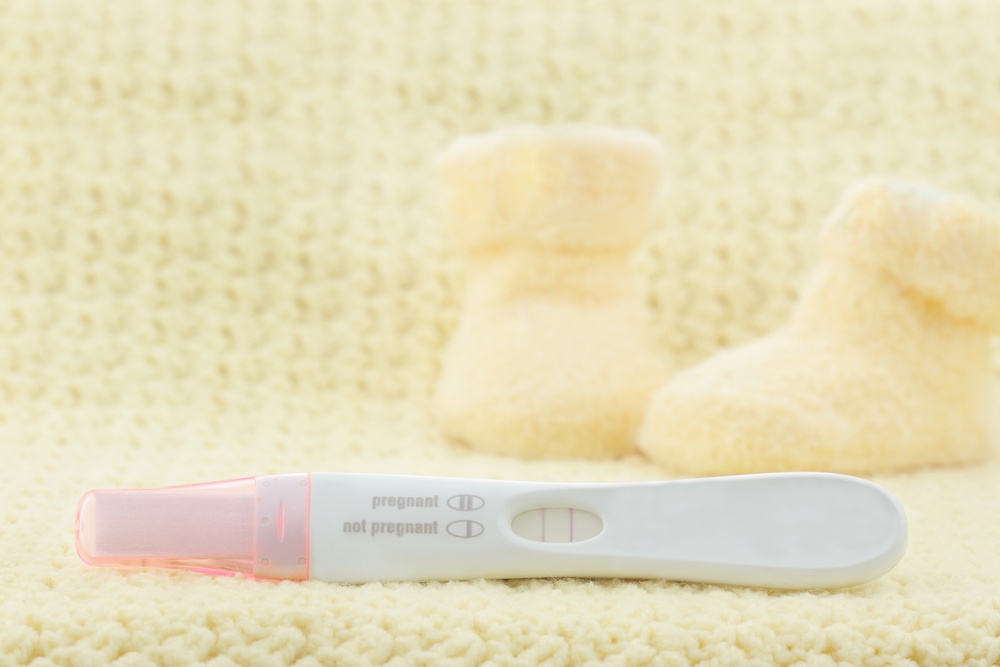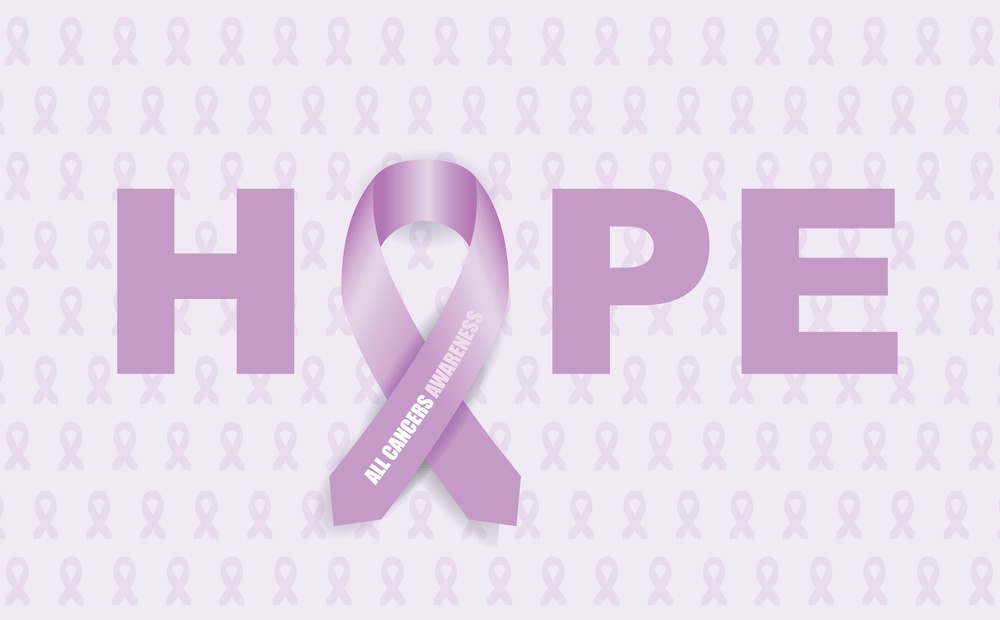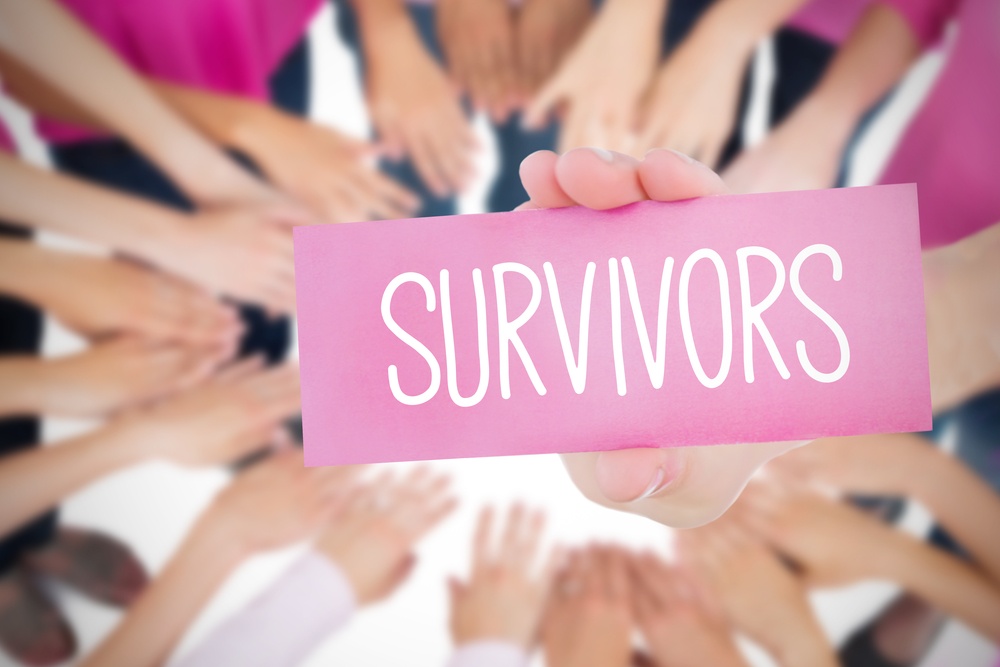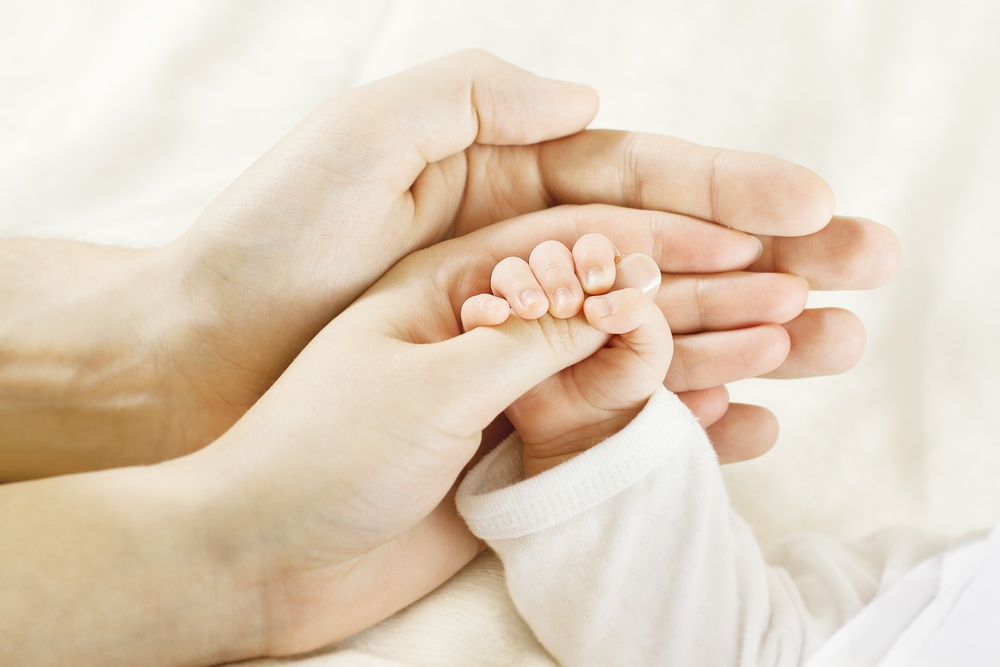Laparoscopy, also sometimes called “keyhole surgery” is a minimally invasive type of surgery that is often used to investigate or treat fertility issues, though it is also used for other common types of abdominal or pelvic surgery such as an appendectomy, gallbladder removal, or gastric band placement.
SCRC Contributor
Recent Posts
Getting Pregnant after Laparoscopy: What You Need to Know
How to Improve Egg Quality for Pregnancy or IVF
Egg quality is one of the most important factors in whether a woman is able to conceive, but it is a topic that many never think about until they are already struggling to get pregnant. Poor egg quality is caused by diminished ovarian reserve and is one of the most common causes of infertility, especially in women over 35.
Egg Freezing as a Fertility Preservation Option for Cancer Patients
Fertility preservation for cancer patients is an important subject in the world of reproductive medicine. Young women who have been diagnosed with cancer may be suddenly confronted with the possibility that their fertility is likely to be compromised by the life-saving treatment they need.
How to Improve Your Uterine Lining to Prepare for IVF
The lining of a woman’s uterus, also called the endometrium, is where a developing embryo implants in the first days of a pregnancy. For women undergoing IVF, the thickness of this lining is very important. The fertility doctor will measure the thickness of the lining before the embryo transfer, to ensure that it is sufficiently thick to allow for implantation. A thick, receptive, nourishing uterine lining is the best possible environment for the embryo, and the ideal lining is at least 7 to 8mm thick and displays a “trilaminar” (or “three layered”) appearance on an ultrasound.
Fertility after Chemotherapy: Can a Woman Get Pregnant after Cancer Treatment?
When you are dealing with a cancer diagnosis, planning for the future can be extremely challenging. The shock and stress of getting the diagnosis and undergoing treatment can understandably be all-consuming. For women who want to have a family after undergoing chemotherapy, worry about future fertility is often just another source of pressure at an extremely difficult time.
Donor Egg Pregnancy: How Using Donor Eggs Affects IVF Success Rates
While the public awareness and acceptance of using IVF to grow your family has increased in recent years, egg donation is less talked about. The shame and secrecy around the subject are standing in the way of patients who could benefit from the gift of donor eggs. For many women struggling to conceive, the decision to use an egg donor can feel fraught.
Taking Time off from Work for Fertility Treatments
Women often undergo fertility treatment at the most demanding stage of their careers, and concerns about whether IVF or other treatments will affect their work are a real consideration. Finding the time to go to all of the necessary appointments and schedule recovery time after procedures can be a challenge.
What Is Reciprocal IVF for Lesbian Couples and How Much Does It Cost?
Female LGBT partners who are ready to grow their families now have many options: with the help of donor sperm, fertility treatments such as IVF and IUI have allowed thousands of lesbian couples to realise their dream of bringing home a baby with a biological link to at least one partner.
How to Pay for Your IVF Treatment: A List of Options
Finding the means to fund your IVF treatment can add an extra layer of stress, which is the last thing you need when you are already struggling with the challenges of infertility. Highly specialized and sophisticated assisted reproductive technologies (ART) require substantial financial investment, and for many families the burden of paying for this type of treatment can seem out of reach.
Talking about Infertility with Your Friends and Family
In an ideal world, every person dealing with infertility would be surrounded by the loving support of their social circle. In reality, infertility can be an isolating experience for many patients. There is still some sense of stigma and shame around the topic, although things are getting better.














